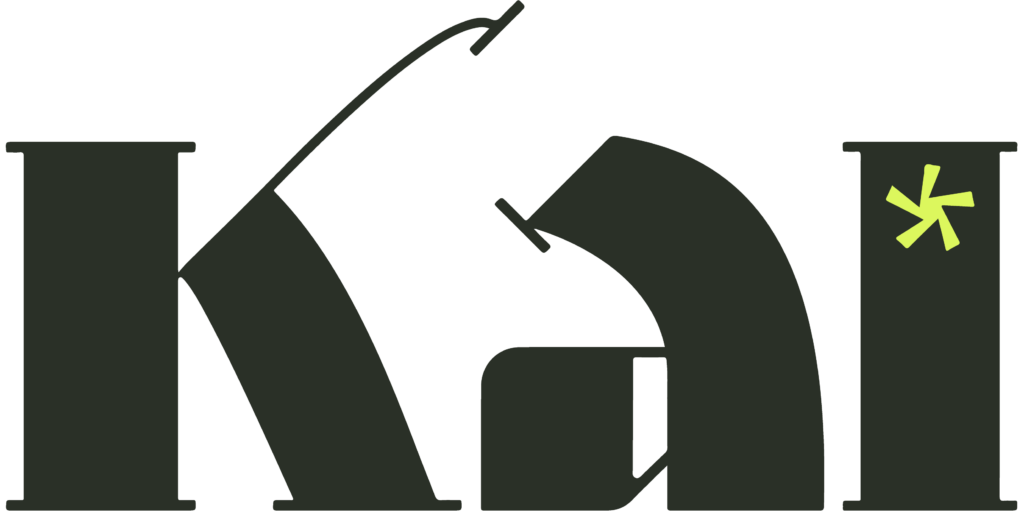The 1991 American Western comedy film City Slickers may have had it right all along. On a cattle drive, in the midst of a mid-life crisis, Curly (played by Jack Palance), asks a confused Mitch (Billy Crystal): “Do you know what the secret of life is? One thing. Just one thing. You stick to that, and everything else doesn’t mean nothing.”
At Kai, we believe it’s better to be clear about what you want to get done – today, tomorrow, this week, month, or year – than mindless multi-tasking.
The “One Thing” concept and its eponymously-titled book The One Thing: The Surprisingly Simple Truth Behind Extraordinary Results, by authors Gary W. Keller and Jay Papasan, is that an overflowing cup of tasks and to-do lists do not pave the way to success. Rather, they hinder our ability to reach the results (and productivity) we desire. By focusing on a single task, we can be more focused and minimize the stress and anxiety that are so often a part of taking on too much or trying to spread ourselves too thin.
According to researchers from Duke University, up to 40% of our behaviors on any given day are driven by habit. In other words, almost half of your day is spent on autopilot in ways that either help (or hurt) your progress. With so much of human behavior influenced by habits, it only makes sense to spend more time consciously noting where we spend our time. It’s from this place that we can make better decisions, and create tasks to achieve our goals.
“But, I don’t know my one thing…”
If you don’t yet know your one thing, think about the direction you want your life to move in, the values that you believe in, and if there’s something you’d like to discover. Think about your definition of ideal.
Then ask yourself this basic question: “What’s the one thing I can do / such that by doing it / everything else will be easier or unnecessary?”
The beauty in the “One Thing” question is that it urges you to stop juggling, and instead decide where you need to prioritize, focus, and ultimately, take action.
You can start by listing out all the different categories of your life. Here are a few to get you thinking…
- Business
What would you like to achieve at work, with your career, or business success?
- Friends
In what ways can you improve your social life, friendships, and support system?
- Family
How are your personal relationships with your partner and family?
- Passion Projects
What are your passion projects, hobbies, or fun activities that you want to develop?
- Spiritual
Is there a spiritual, meditation, or religious practice you’d like to deepen and develop?
- Health
What steps can you take to improve your overall health, wellness, and mental wellbeing?
Let’s practice by focusing on this week…
- Week View
Think about your goal for this month for a moment. Take your time to pause and reflect on what you want and are hoping to achieve. Now consider, based on the goal for this month, what’s the one thing you can do this week to be on track to fulfill your goal?
- Day View
Based on you goal this week, what’s the one thing you can do today to be on track to achieve your weekly goal, so that, in turn, you’re on track to achieve your monthly goal?
- Right here. Right now.
Based on your goal for today, what’s the one thing you can do right now to be on track to achieve your goal today. It can be as simple as spending time practicing taking a few mindful breaths with Kai throughout your day, or wanting to be less distracted by WhatsApp when with your children. Pause, note the one thing, and write it down or share it with Kai.
- Taking it further
Consider what your someday-in-the-future goals are (think: that dream house, living in a different country, changing careers), your five-year goals, and your one-year goals. By connecting these goals all the way back to the present moment you can get clarity around your priorities and keep in sync with your greater aspirations.
Essentially, focus, prioritization, tasks, and goals all stem from the same tree. ????
Write it down.
Dr. Gail Matthews, a psychology professor at Dominican University in California, found that people who write down their goals are 39.5% more likely to achieve them. The effect is even more powerful if you share your goals with someone else, like Kai. In doing so, you’re making yourself accountable for your success and progress.





